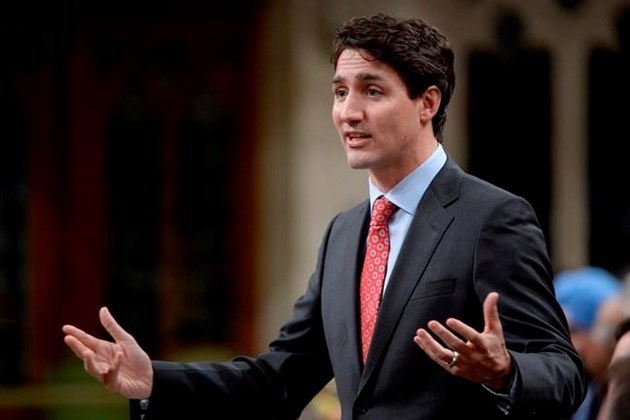"An invitation to sound bites."
That's how Dr. Richard Johnston, a former professor of political science at the University of British Columbia, found the first English-language debate for the 44th Canadian federal election.
Federal party leaders jousted over climate change, health care, foreign policy, the economy and Indigenous reconciliation during Thursday's (Sept. 9) debate — their last, best chance to sway voters before the Sept. 20 election.
But for Johnson, the sheer number of parties represented in the debate made it difficult for leaders to make complete arguments. Instead, he said there was only enough time for them to briefly respond.
This kind of format affected the prime minister the most, he adds, because he was responding to the lion's share of criticism.
Trudeau was bombarded by attacks from all the other leaders, who accused him of putting his self-interest ahead of the interests of the country by calling an election in the midst of the fourth wave of COVID-19, wildfires in British Columbia and the Taliban takeover of Afghanistan.
And while many of the other party leaders were quick to criticize the prime minister's record, not all of them outlined how they would have done things differently.
Johnson, who held the Canada Research Chair in Public Opinion, Elections, and Representation until his retirement on June 30, 2020, wrote a book about the history of the Canadian party system. He says if fewer parties participated in the debate it would have allowed for more substance — and that used to be the case in Canadian politics.
He mentions an intense moment between an impassioned Brian Mulroney and John Turner in the 1984 federal election debate. Mulroney turns to Turner and sternly tells him: "You had an option, sir." The moment is considered a "knockout blow" in Canadian politics, and one Johnson says doesn't happen frequently anymore.
"It's always going to be difficult when you have so many people on the stage," he explained. "Canadian debates have been predominantly terrible for about 20 years now."
While issues could be discussed in-depth with three parties represented on the stage, having five doesn't allow for enough time. Further, there were too many questions in the latest debate.
"You've had six years."
On climate change, NDP Leader Jagmeet Singh said Trudeau's government has missed all its targets for reducing carbon emissions.
But Trudeau questioned, "How is it that the experts that have rated our plan on climate to be an A have rated your plan to be an F?"
"I rate your track record to be an F," shot back Singh. "You've had six years."
In this instance, Johnson notes that Trudeau had "no time" to discuss the plan that he was speaking to Singh about. "So by the time Trudeau has basically identified that a report has rated the NDP below, his 40 seconds are up and Singh doesn't have to answer that."
Trudeau was referring to a scorecard created by Mark Jaccard, a professor of sustainable energy at Simon Fraser University. The scorecard gave each political party's climate plan a rating out of 10 based on how effective and affordable it was. "And that report basically puts the NDP behind the conservatives, not so much because their targets are ambitious... [but] because there's no thought whatsoever to whether you could actually implement this," he explains.
In Johnson's opinion, the debate helped consolidate Conservative party leader Erin O'Toole's position most — but that's not to say he "won" the campaign. He made himself a "reassuringly centrist person" and a "calm and poised speaker."
Trudeau, on the other hand, spent most of the evening defending his record.
"He had no time."
With files from the Canadian Press.



